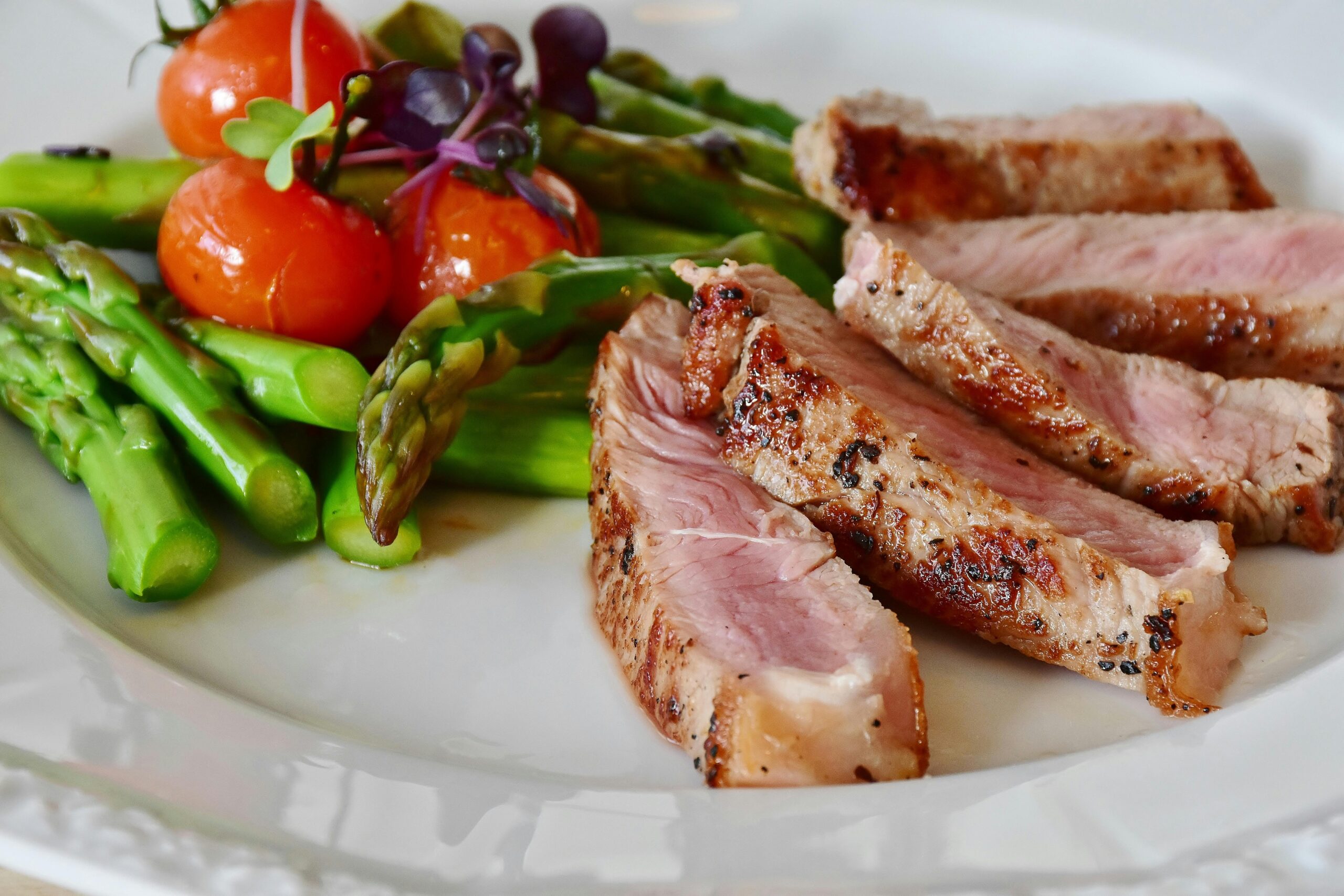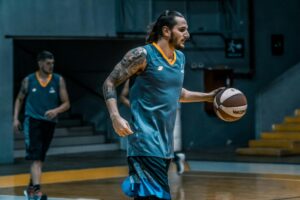Athletes know that performing at their best goes beyond just training and practice—it also involves taking care of their bodies through proper nutrition. The right diet can significantly impact an athlete’s performance, recovery, and overall well-being. For athletes, a balanced diet isn’t just a recommendation; it’s a necessity. Key nutrients every athlete needs include proteins for muscle repair and growth, carbohydrates as the primary energy source, healthy fats for long-term energy and cell function, and a variety of vitamins and minerals for overall health. Incorporating lean meats, dairy, eggs, beans, legumes, whole grains, fruits, vegetables, avocados, nuts, seeds, and olive oil into your meals can ensure you get these essential nutrients.
Essential Nutrients for Athletes
- Proteins: Crucial for muscle repair and growth.
- Sources: Lean meats, dairy, eggs, beans, legumes.
- Carbohydrates: Primary energy source.
- Sources: Whole grains, fruits, vegetables.
- Healthy Fats: For long-term energy and cell function.
- Sources: Avocados, nuts, seeds, olive oil.
- Vitamins and Minerals: For overall health and performance.
Strategic Meal Planning
Strategic meal planning can make a significant difference in an athlete’s performance. For pre-workout meals, eat a balanced meal rich in carbs and moderate in protein 2-3 hours before your workout. Examples include a chicken and vegetable stir-fry with brown rice or a turkey sandwich on whole-grain bread. For post-workout recovery, consume a mix of protein and carbohydrates within 30 minutes after exercise to replenish glycogen stores and aid muscle recovery. A smoothie with whey protein, banana, and berries or a yogurt parfait with granola and fruit works well.
- Pre-Workout Meals:
- Chicken and vegetable stir-fry with brown rice
- Turkey sandwich on whole-grain bread
- Post-Workout Recovery:
- Smoothie with whey protein, banana, and berries
- Yogurt parfait with granola and fruit
Importance of Hydration
Staying hydrated is also vital for maintaining optimal performance and preventing dehydration, which can impair both physical and cognitive functions. Aim to drink water throughout the day, not just during exercise. Sports drinks with the proper amount of electrolytes for hydration can be beneficial during prolonged, intense activities, but for regular training, water suffices.
- Hydration Tips:
- Drink water consistently throughout the day.
- Use sports drinks with electrolytes for intense, prolonged activities.
Role of Supplements
While a balanced diet should cover most nutritional needs, supplements can sometimes play a role. Protein supplements are useful for those struggling to meet their protein requirements through food alone. Multivitamins can help fill any nutritional gaps, especially during intense training periods like a marathon. Creatine and BCAAs are becoming popular among athletes for muscle recovery and performance enhancement. Although supplements can seem like an easy route to a better lifestyle, it’s important to consult with a doctor or nutritionist before starting anything new.
- Common Supplements:
- Protein Supplements: For meeting protein needs.
- Multivitamins: To fill nutritional gaps.
- Creatine and BCAAs: For muscle recovery and performance enhancement.
Making Nutrition a Priority
Almost all elite athletes and those who want to take their abilities to the next level utilize nutrition to their benefit and implement it within their daily routine. By focusing on a balanced diet rich in whole foods and staying disciplined with hydration, seeing significant improvements in things like endurance and recovery times will become normal. By focusing on a balanced intake of key nutrients, planning meals strategically, staying hydrated, and considering supplements wisely, athletes can optimize their performance and recovery. What you put into your body is just as important as how you train it.
For more resources and support, visit Athletes Untapped.




